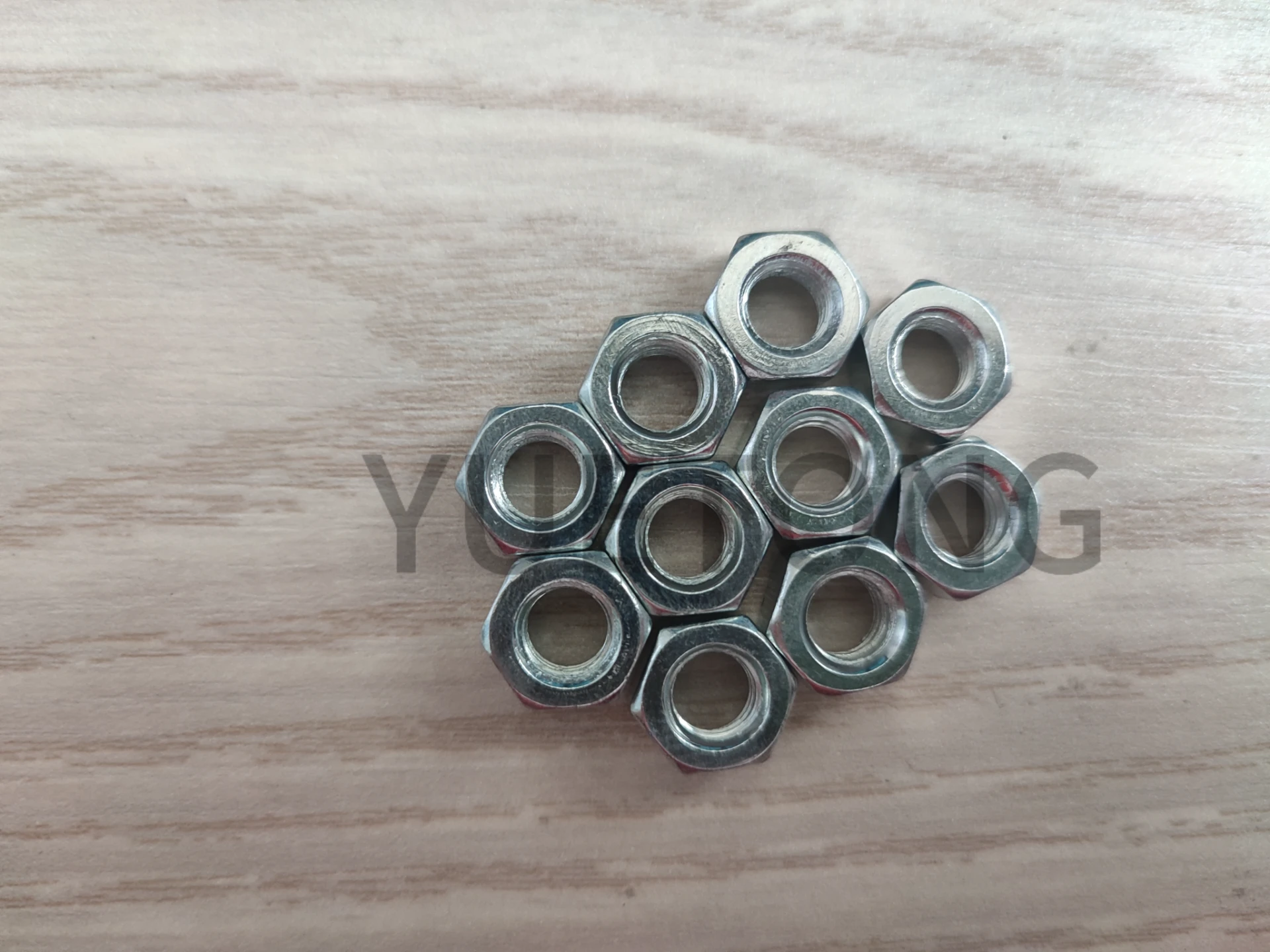Dec . 21, 2024 22:38 Back to list
bolt surface treatment
Understanding Bolt Surface Treatments Importance, Types, and Applications
When assembling various mechanical components, bolts play a crucial role in ensuring structural integrity and functionality. However, the effectiveness of bolts is not solely dependent on their design and material but also significantly influenced by the surface treatment applied. Bolt surface treatment refers to the various processes that modify the surface properties of bolts to enhance their performance in different environments. In this article, we will explore the significance of bolt surface treatment, the types available, and their applications in various industries.
Importance of Bolt Surface Treatment
The primary rationale behind applying surface treatments to bolts is to improve their resistance to environmental factors that could lead to corrosion, wear, and fatigue. Bolts are often exposed to challenging conditions, including moisture, chemicals, and extreme temperatures. Without proper surface treatment, the longevity and reliability of bolts can be compromised, leading to potential failure of the entire assembly.
Surface treatments also enhance the mechanical properties of bolts, such as hardness, strength, and fatigue resistance. Furthermore, they can improve the friction characteristics between the bolt and the material it is securing, which is particularly important in preventing loosening under dynamic loads. By implementing the right surface treatment, manufacturers can ensure that their bolts meet specific operational and safety standards.
Types of Bolt Surface Treatments
There are several methods of surface treatment that can be applied to bolts, each offering distinct advantages
1. Zinc Coating (Galvanization) One of the most common methods, zinc coating involves applying a layer of zinc on the bolt surface. This technique protects against corrosion by sacrificial action—if the zinc layer is damaged, it still provides a barrier against rusting. Galvanized bolts are widely used in outdoor and marine applications.
2. Phosphate Coating This treatment involves depositing a layer of phosphate on the bolt surface. It enhances corrosion resistance and provides a good surface for subsequent painting or coating. Phosphate coatings are often utilized in automotive applications, where bolts are exposed to various fluids.
3. Anodizing Typically applied to aluminum bolts, anodizing enhances corrosion resistance and surface hardness. The process involves oxidation of the aluminum surface, creating a protective layer that can also be dyed for aesthetic purposes. Anodized bolts are commonly found in aerospace and automotive industries, where weight and appearance matter.
4. Black Oxide Coating This treatment provides a matte black finish while improving corrosion resistance and lubricity. Black oxide-coated bolts are popular in applications where a low-profile appearance is desired, such as in firearms and high-end machinery.
bolt surface treatment

5. Nitriding This heat treatment alters the surface characteristics of steel bolts by diffusing nitrogen into the surface. Nitriding significantly increases the hardness and wear resistance of the bolts, making it ideal for high-stress applications, such as in automotive and heavy machinery components.
6. Thermal Spray Coatings This technique involves spraying molten or heated materials onto the bolt surface, creating a thick protective layer. Thermal spray coatings can be made from various materials, including ceramics and metals, depending on the requirements, such as thermal conductivity or wear resistance.
Applications of Treated Bolts
Bolt surface treatments are applied across a wide array of industries, with each treatment tailored to meet specific operational demands.
- Construction In construction, galvanized and phosphate-coated bolts are prevalent due to their ability to withstand exposure to moisture and corrosive environments.
- Automotive The automotive industry often relies on treated bolts for critical assembly components, where strength, durability, and resistance to environmental factors are paramount.
- Aerospace Anodized and nitrided bolts are extensively used in aerospace applications, where weight reduction and strength enhancement are crucial.
- Oil and Gas In the oil and gas sector, corrosion-resistant treatments are vital, given the harsh chemicals and environments these components are often subjected to.
Conclusion
In summary, bolt surface treatments are essential for enhancing the performance and longevity of bolts across various applications. By understanding the different types of treatments available and their specific benefits, manufacturers and engineers can make informed choices that contribute to the safety, efficiency, and reliability of their assemblies. As technology advances, the development of new and improved surface treatments will continue to play a critical role in evolving manufacturing processes and consumer demands.


